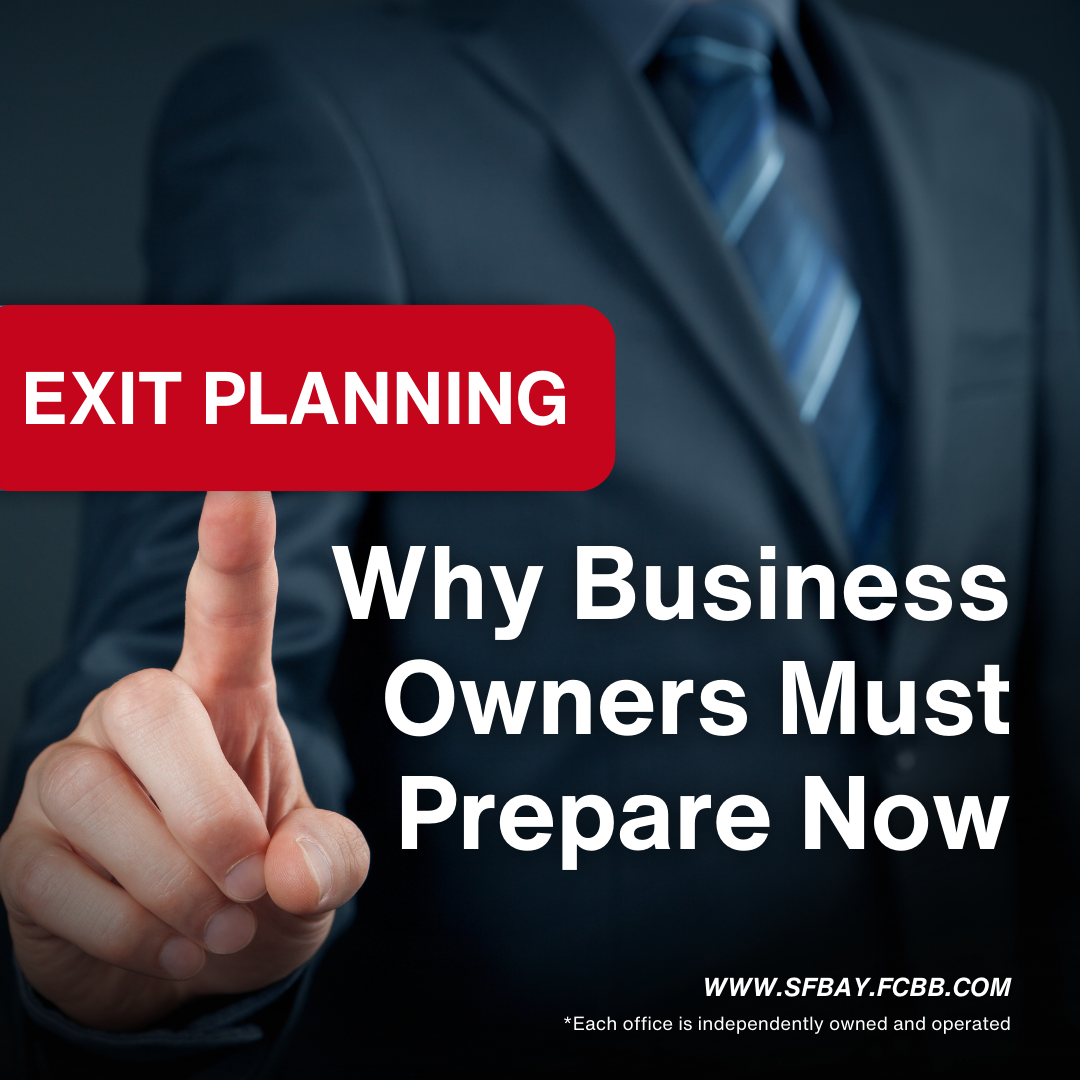How Long Will It Take to Sell a Business in 2025?
Selling a business is a complex process that requires careful planning, strategic positioning, and patience. According to the Q4 2024 Market Pulse Survey, the average timeline for selling a business in 2025 ranges from six to ten months. However, multiple factors, including business size, industry demand, and buyer readiness, can impact how long a deal takes to close.
In this blog, we’ll break down the
key phases of a business sale, the
factors influencing transaction speed, and
what sellers can do to ensure a smooth process.
The Typical Timeline for Selling a Business
While no two deals are identical, the average business sale process follows a general timeline:
1. Preparation & Listing (1-3 months)
- Business valuation and financial preparation
- Creating a marketing package and listing the business
- Identifying and vetting potential buyers
2. Negotiation & LOI (1-2 months)
- Receiving and reviewing Letters of Intent (LOIs)
- Buyer and seller negotiations on terms and pricing
- Securing financing approval if necessary
3. Due Diligence (2-3 months)
- Buyer conducts financial, operational, and legal due diligence
- Addressing any concerns or contingencies
- Finalizing deal terms and drafting purchase agreements
4. Final Closing (1-2 months)
- Legal document review and final approvals
- Escrow funding and contract signing
- Ownership transition planning
Factors That Influence the Speed of a Business Sale
✅ Industry Demand: Businesses in high-growth sectors like technology, healthcare, and logistics tend to sell faster than businesses in declining industries.
✅ Buyer Financing Availability: Transactions are faster when buyers secure financing upfront, reducing delays in loan approvals.
✅ Quality of Business Documentation: Well-prepared financials, clear operational records, and organized contracts accelerate the due diligence phase.
✅ Seller’s Flexibility: Sellers who are open to creative deal structures, such as partial seller financing or flexible terms, often attract buyers more quickly.
✅
Buyer Responsiveness: Slow decision-making by buyers can delay deals. However, in
2025, buyer responsiveness has improved, leading to faster negotiations.
How Sellers Can Speed Up the Process
🔹 Work with an Experienced M&A Advisor: A seasoned business broker can streamline the process, identify the right buyers, and negotiate the best deal.
🔹 Prepare Financials in Advance: Having up-to-date profit & loss statements, tax returns, and balance sheets ready can significantly cut down due diligence time.
🔹 Vet Buyers Early: Ensure potential buyers have the financial capability and serious intent before entering negotiations.
🔹
Be Proactive in Due Diligence: Addressing potential concerns early, such as
customer concentration risks or lease agreements, can prevent last-minute delays.
Is 2025 a Good Year to Sell Your Business?
With increased buyer demand, strong valuations, and more efficient deal-making, 2025 presents a favorable market for business owners considering an exit. If you’re thinking about selling, now is the time to start preparing.
Contact First Choice Business Brokers SF Bay today for a
confidential consultation on how to position your business for a successful sale.
Next in the Series: Exit Planning – Why Business Owners Must Prepare Now
In our next blog, we’ll explore the importance of
exit planning, the
most common mistakes sellers make, and
how to maximize your business’s value before selling. Stay tuned! 🚀





